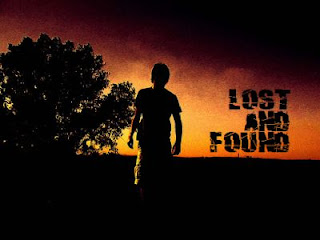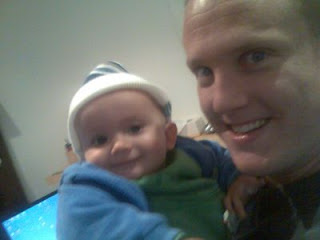 Series aim:
Series aim:
1) To see that Jesus came to seek and save the lost
2) To see that without Jesus you are lost
3) To see that only through the death of Jesus can you be found
I’m writing a series of talks and studies on Lost and Found. These aren’t talks or studies… just some of my thinking in preparation. Stay tuned for the talks on talkcast.ccecyouth.com
- Lost and Found 1: Who is Jesus?
- Lost and Found 2: The Fishermen
- Lost and Found 3: The Paralytic
- Lost and Found 4: The Prostitute
- Lost and Found 5: The Rebel
- Lost and Found 6: The Pharisee
- Lost and Found 7: The Rich Man
- Lost and Found 8: The Tax Collector
- Lost and Found 9: The Criminals
- Lost and Found 10: The Fellowship of the Found
In #1 we see that Jesus came to seek and to save the lost. Throughout #2-9 we meet a whole bunch of different people – both real and fictional – who were lost. Some realised it. Others didn’t. If you aren’t a follower of Jesus and you’ve stumbled onto my blog (or you’re a regular reader) – let me encourage you to see yourself clearly: you are lost… and see Jesus clearly: he died and rose so that you could be forgive and have life eternal.
Shout out to James and the peeps at Central Espresso – the Best Coffee in Gosford – it kept me going with all my early starts (6am in Gosford is very early for a night owl!) over the last couple of weeks.






